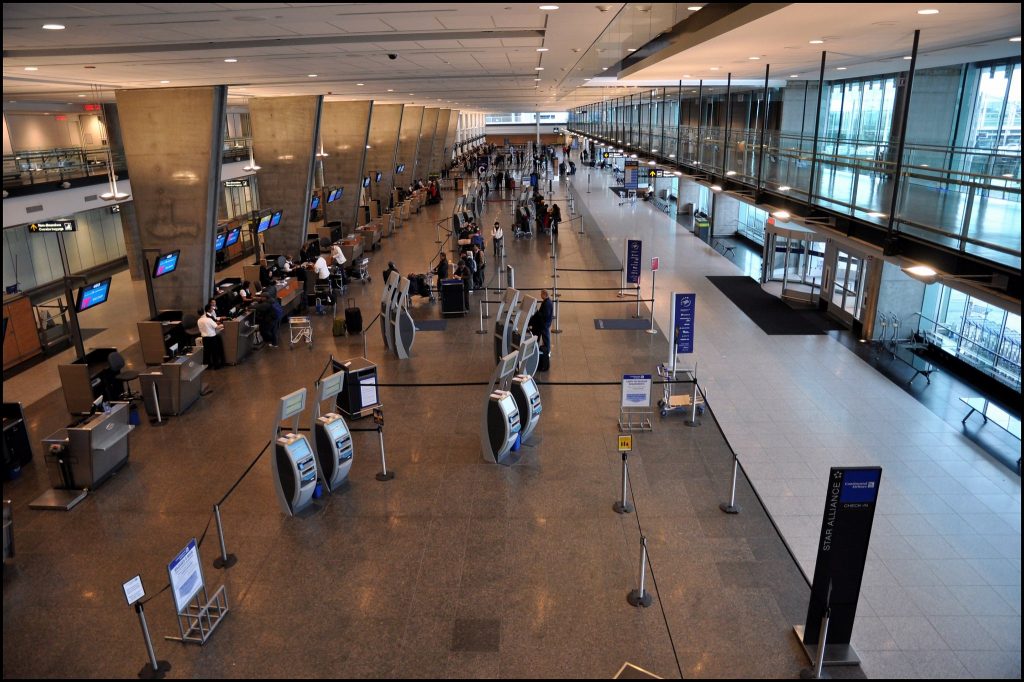U.S. to Increase Inbound Traveler Fee, Gain Additional $100 Million in Annual Revenues
The U.S. Customs and Border Protection has raised its inbound traveler fee, called ESTA fee, from current $10 to $17 per passenger and extended to 2027. according to a notice in the Federal Register. ESTA is the online system through which nonimmigrant visitors intending to enter U.S. under the Visa Waiver Program at air or sea ports of entry must obtain an electronic travel authorization in advance of travel to the country.

As a result of this, the fee for an approved ESTA (which includes the travel promotion fee and a $4 operational fee) is $21. "As the $7 fee increase is relatively small compared to costs involved to travel to the United States, CBP anticipates that the fee increase will not adversely affect travel to the United States," the notice said.
This fee is not kept by CBP or DHS. Instead, up to $100 million of fee revenue goes to the Travel Promotion Fund, which is then used by Brand USA, the travel marketing arm of U.S. This additional increase in fee will bring in about $100 million plus in revenues to the country depending on the forecasted number of inbound travelers to U.S., as the chart shows below:
| Fiscal Year | Future Approved ESTA Applications | Fee Increase Amount | Anticipated Additional Revenue |
|---|---|---|---|
| 2022 | 15,442,174 | $7 | $108,095,215 |
| 2023 | 15,639,336 | $7 | $109,475,353 |
| 2034 | 15,836,499 | $7 | $110,855,491 |
| 2025 | 16,033,661 | $7 | $112,235,629 |
| 2026 | 16,230,824 | $7 | $113,615,767 |
| 2027 | 16,427,987 | $7 | $114,995,906 |





